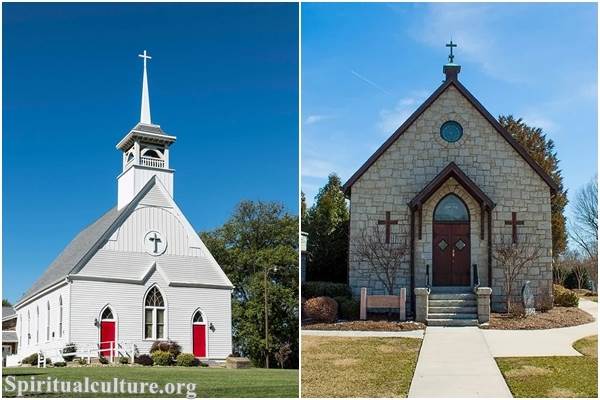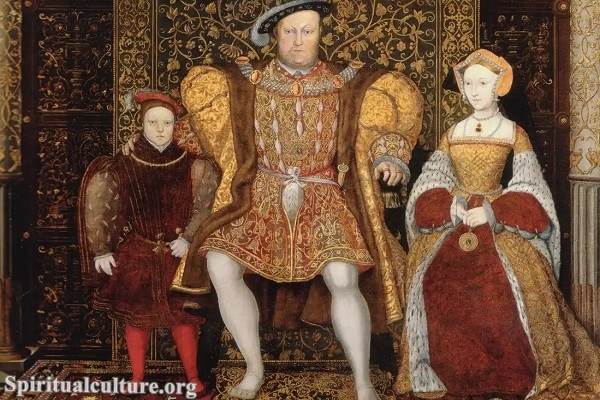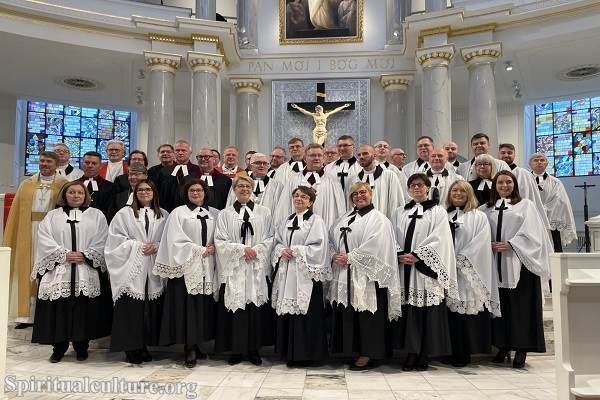The story of Martin Luther often begins with a hammer striking a door in Wittenberg — a bold act of protest that ignited the Protestant Reformation. But to understand his true legacy, we must go deeper. Beyond the 95 Theses lies a spiritual, cultural, and theological revolution that continues to shape our world today.
As Spiritual Culture, we invite you into a fuller understanding — not just of a moment in history, but of a movement of the soul. Luther’s legacy is not confined to dusty relics of the past; it is alive wherever truth is sought, wherever freedom is reclaimed, and wherever conscience rises to meet the call of God.
This article explores Martin Luther’s enduring legacy — from theological breakthroughs and cultural transformation to personal courage and spiritual renewal.
The 95 Theses: A Doorway, Not the Destination
Luther’s 95 Theses, nailed to the door of All Saints’ Church in 1517, were not an act of defiance as much as an invitation to dialogue. At the heart of his protest was a spiritual concern: the selling of indulgences, which promised the remission of sins in exchange for money.
A Call to Return to the Gospel
Luther wasn’t trying to start a new church. He wanted to restore the old one — to realign it with the gospel of Jesus Christ. His theses called for repentance, not rebellion. He wrote, “When our Lord and Master Jesus Christ said ‘repent,’ he willed the entire life of believers to be one of repentance.”
The Spark That Lit a Fire
Yet the theses, quickly printed and spread thanks to the new printing press, became the spark that lit the fire of Reformation across Europe. The conversation he began became a revolution of faith and thought — one that could not be contained by the Church of his time.
Sola Scriptura: The Word Unleashed
Among Luther’s most radical and lasting contributions was his insistence on Sola Scriptura — that Scripture alone is the final authority for faith and practice.
Reclaiming the Bible for the People
Before Luther, the Bible was often locked away — literally and figuratively — in Latin, inaccessible to the common people. Luther changed that. He translated the New Testament into German so that everyone could read the Word of God for themselves.
“The Bible is for the people,” Luther insisted, “not just for the clergy.”
Theological Earthquake
By placing Scripture above tradition and papal decree, Luther shattered centuries of ecclesiastical hierarchy. He invited every believer to stand before God with open hearts and open Bibles — a vision that still pulses in the Protestant imagination.
Justification by Faith: Freedom for the Soul
If Sola Scriptura set the Word free, Sola Fide — justification by faith alone — set the soul free.
A Crisis of Conscience
Luther’s personal journey was shaped by an intense spiritual struggle. As a young monk, he was tormented by guilt, obsessively confessing even the smallest sins. He feared the wrath of a righteous God.
But then he encountered Romans 1:17: “The righteous shall live by faith.”
A New Vision of Grace
That verse opened a floodgate of grace. Luther realized that righteousness was not something earned by works but received by faith — a gift of God’s mercy through Jesus Christ.
“Faith is a living, daring confidence in God’s grace,” Luther later wrote. “It makes a person joyful, bold, and free.”
This teaching became the beating heart of the Reformation — and continues to liberate hearts today.
Priesthood of All Believers: A New Community
Luther shattered the wall that separated clergy from laity. He declared that every believer is a priest, called to serve, speak, and act in God’s name.
Vocation as Sacred
To Luther, a shoemaker’s work was no less holy than a priest’s. Every honest vocation was a divine calling. He saw ordinary life — marriage, parenthood, work — as arenas for worship.
“A Christian cobbler does his duty not by putting little crosses on shoes, but by making good shoes,” he said.
Empowering the Common Soul
This vision gave dignity to everyday people. It said: you matter. Your work matters. Your voice matters. In a world that often silenced and diminished, Luther lifted the spiritual stature of all.
Reform Beyond Religion: Cultural Reverberations
Luther’s ideas did not stay confined to theology; they rippled outward into education, politics, music, and freedom of conscience.
Literacy and Learning
By translating the Bible and championing education, Luther laid a foundation for widespread literacy. Schools and universities blossomed. Learning became not a luxury but a responsibility.
Music and Worship
Luther loved music and composed hymns to help people worship in their own language. “A Mighty Fortress Is Our God” remains one of the most powerful songs of faith ever written.
He said, “Next to the Word of God, the noble art of music is the greatest treasure in the world.”
Politics and Conscience
Luther’s stand at the Diet of Worms — “Here I stand, I can do no other” — remains one of the clearest declarations of conscience against coercive power. He asserted that no one should be forced to believe against their will.
Challenges and Contradictions: The Complex Luther
Luther was not a perfect reformer. His legacy includes shadows as well as light.
Writings on the Jews
In later life, Luther wrote bitter, harsh words about Jews, betraying the gospel he had championed. These writings were used centuries later by those promoting hatred. They remain a deep stain on his legacy.
Peasants’ War
When peasants rose up in rebellion inspired partly by Luther’s ideas, he sided with the princes — calling for harsh suppression. His failure to support the oppressed in that moment reveals the tensions between spiritual reform and social justice.
The Enduring Echo of Courage
Despite his flaws, Luther’s courage remains undeniable. He stood alone before emperors and councils, armed with Scripture and conviction. His legacy is not one of rebellion, but of return — a return to truth, grace, and the presence of God.
“Peace if possible, truth at all costs,” he said. And in saying that, he gave voice to a faith that still burns with fire.
Reflect and Reimagine
Martin Luther’s legacy is far more than a list of theological theses. It is a living movement — one that reminds us to:
- Return to the source: the Word of God
- Live by grace: faith, not fear
- Speak with courage: truth matters
- Serve in love: every life is sacred
The door at Wittenberg was just the beginning. What doors are you being called to open today? Where might your conscience — grounded in truth — be inviting you to stand, speak, or act?
As Spiritual Culture, we leave you with this:
The legacy of Martin Luther is not just to admire. It is to carry forward. In word. In deed. In heart.



